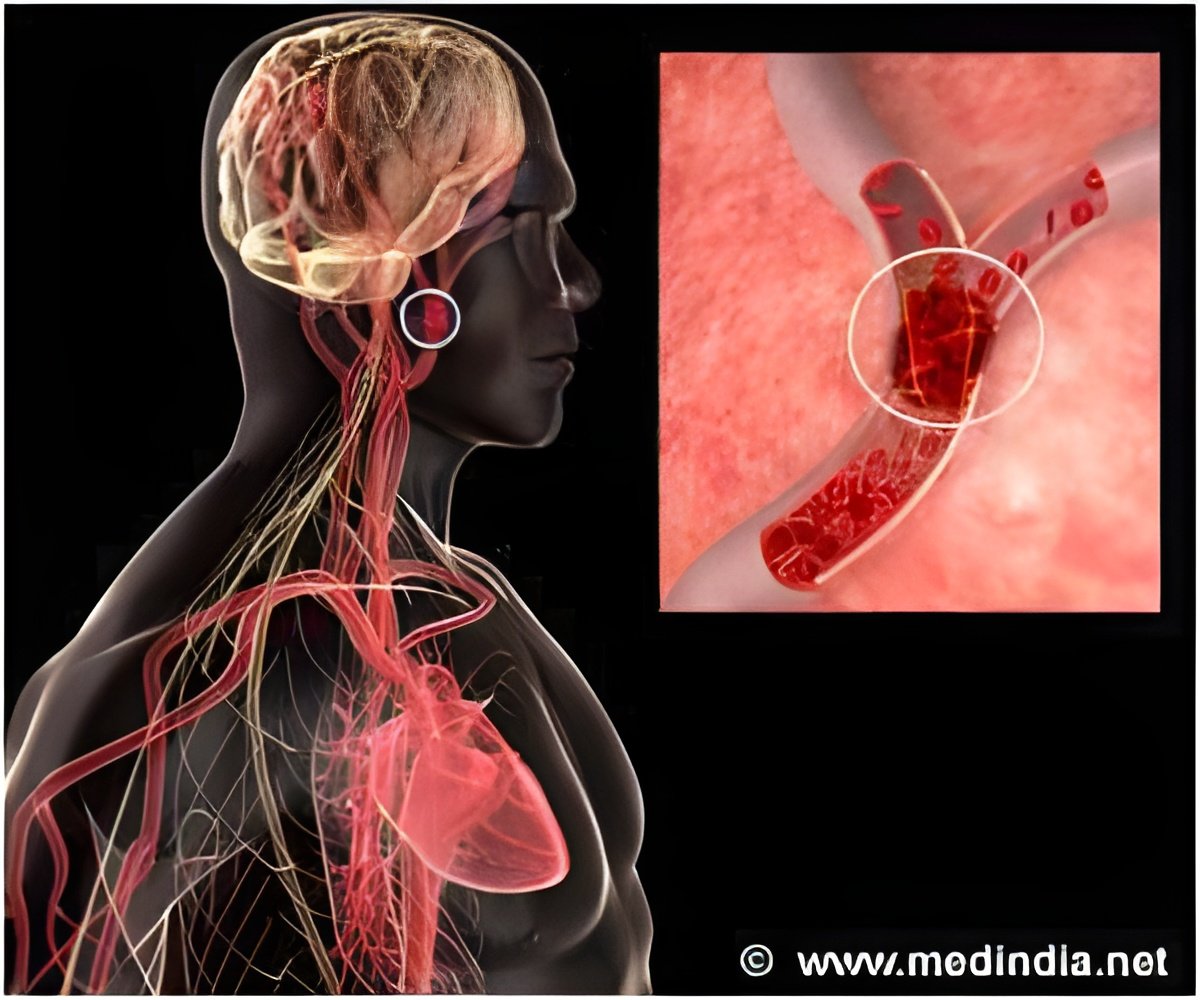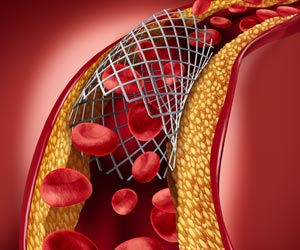Vesicular glutamate release from central axons contributes to myelin damage. This identification of the source of damaging glutamate in stroke leads to the discovery of brain protection with QNZ-46, a novel form of preventative treatment with potential for clinical use.

‘The study finds that excess release of glutamate in the brain is the main cause of brain injury in stroke and that the excess release of glutamate may be lessened with a potential drug called QNZ-46.’





Existing studies show that restricted blood supply promotes the excess release of glutamate. The glutamate binds to receptors, over-stimulating them and leading to the break-down of myelin - the protective sheath around the nerve fiber (axon). Previous studies had focused on the brain's grey matter - the area where all of the synapses operate. Now the new study focuses on white matter - the part of the brain that connects all of the grey matter together - and demonstrates that the glutamate release from axons themselves contributes to damaging myelin.
The study, led by Professor Robert Fern at the Plymouth University Peninsula Schools of Medicine and Dentistry (PUPSMD), is the first direct comparison of vesicular fusion within different cellular components in white matter, and it reveals extensive fusion in axons - a mechanism previously thought to be absent from white matter.
The findings support a rational approach toward a low-impact prophylactic therapy, such as QNZ-46, to protect patients at risk of stroke and other forms of excitotoxic injury (injury caused by excess glutamate).
As stroke is the second leading cause of disability and early death in the UK, Professor Fern, part of the University's Institute of Translational and Stratified Medicine, explains the significance of the findings.
Advertisement
"As much as rehabilitation can be effective, there's nothing you can do to heal the damage. This is why it has been necessary to look at how the problem is caused in the first place.
Advertisement
"There need to be further studies to fully understand how these findings can translate going forward, but to see that there are no negative side effects at this stage is a promising sign. By continuing further studies, we can come up with even better forms of the drug to help in stroke treatment."
Source-Eurekalert















